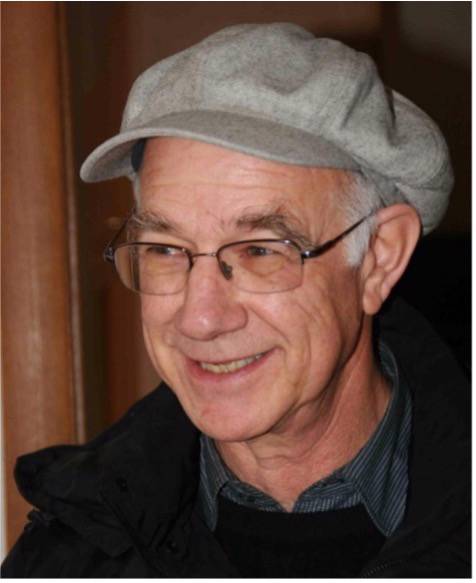Michael Burawoy, born on June 15, 1947, in London, England, was a prominent British sociologist whose work left a profound impact on the field of Marxist social theory. He passed away on February 3, 2025, leaving behind a legacy of insightful contributions to understanding the dynamics of labor, capitalism, and society. Burawoy is best known as the leading advocate of “public sociology,” a term he popularized to emphasize the importance of making sociological research accessible and relevant to the broader public rather than confined to academia. He believed that sociologists had a moral responsibility to address social issues directly, engaging with the public to influence positive change in society
Burawoy’s most renowned work, *Manufacturing Consent: Changes in the Labor Process Under Monopoly Capitalism*, published in 1979, remains a cornerstone in the field of sociology. This seminal book critically examines the nature of labor under the conditions of monopoly capitalism, focusing specifically on how workers’ consent to their own exploitation is manufactured in large-scale industrial settings. By conducting in-depth fieldwork in a large factory in the United States, Burawoy demonstrated how workers, despite their exploitation, often developed forms of consent to the system through complex mechanisms, including workplace practices, union negotiations, and ideological control.
The concept of “manufacturing consent” stems from the way management in capitalist firms uses various strategies to align workers’ interests with those of the capitalist owners, often through subtle means of control that workers themselves may not fully recognize. Burawoy’s detailed analysis of the labor process exposed the contradictions inherent in capitalist production, offering a critique of both the structures of power and the ways in which those in power maintain their dominance over workers, all while allowing them to maintain the illusion of autonomy and choice.
Burawoy’s academic career spanned several decades and saw him establish a reputation as a scholar who was both deeply committed to Marxist analysis and keenly aware of the complexities and contradictions of contemporary capitalism. His work extended beyond *Manufacturing Consent* to include other significant contributions, such as his exploration of the sociology of labor, industrial relations, and the role of professional sociologists in society.
As a vocal advocate for public sociology, Burawoy argued that sociologists should not remain insular in their research but should instead actively engage with the public to shape policy and discourse. This public sociology stance was about bridging the gap between the academic community and the general public, ensuring that the findings of sociological research addressed real-world issues, from labor rights to economic inequality. Burawoy’s own work was a testament to this philosophy, as he consistently aimed to make his research understandable and applicable to workers, unions, and other social movements.
In addition to his academic pursuits, Burawoy was deeply involved in teaching, mentoring, and contributing to the broader sociological community. He was a professor at the University of California, Berkeley, and played an instrumental role in shaping the discipline, both in the U.S. and internationally. He mentored a generation of sociologists, and his influence extended far beyond the classroom and academia.
In remembering Michael Burawoy, his contributions to the sociological study of labor, capitalism, and public engagement remain as relevant today as ever. His work continues to inspire sociologists, activists, and scholars committed to understanding and challenging the structures of power that shape our world.
